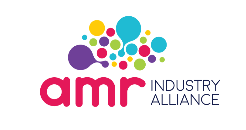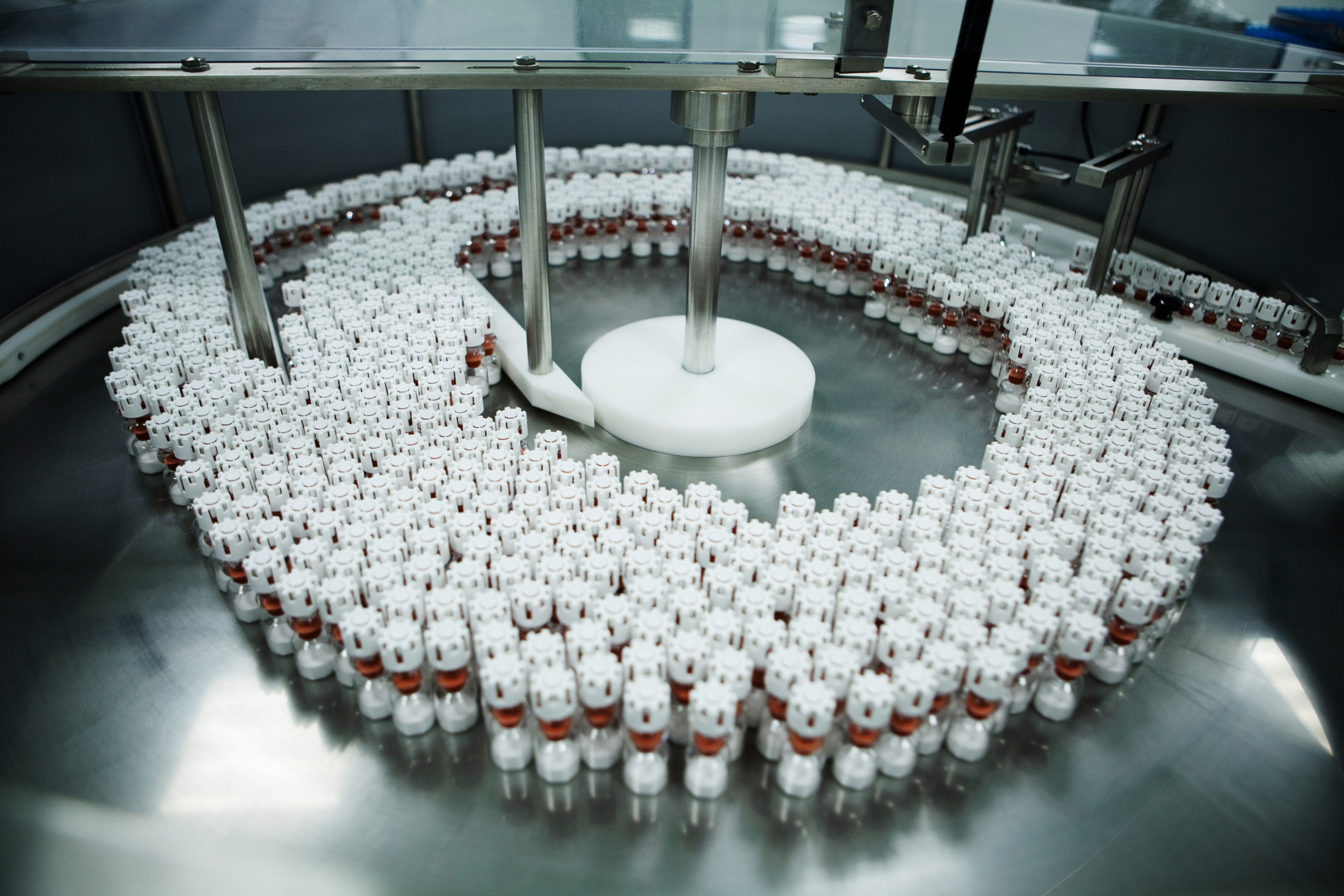Request for Proposals: Developing a sustainability framework for off-patent antibiotics

Request for Proposals
Developing a sustainability framework for off-patent antibiotics
To view as a PDF, click here.
Overview
The AMR Industry Alliance is one of the largest private sector coalitions established to provide sustainable solutions to curb antimicrobial resistance (AMR). The AMR Industry Alliance currently includes over 100 biotech, diagnostics, generics and research-based pharmaceutical companies and associations. Through its members, the AMR Industry Alliance drives the life-sciences industry to curb AMR across four different pillars: (i) appropriate use of antibiotics to reduce the development of AMR with the support of vaccines and diagnostics; (ii) access to quality antibiotics and ensuring new ones are available to all, and improve and accelerate access to diagnostics in low- and middle-income countries; (iii) mitigating the environmental impact of manufacturing; and (iv) investing in research and science to meet public health needs with new innovative diagnostics and treatments.
As part of its Strategic Plan 2021-2025, the AMR Industry Alliance is pursuing initiatives across each of these four pillars through relevant internal Working Groups. The AMR Industry Alliance is currently seeking proposals to support the work of its Access Working Group. The duration of this consultancy is defined for a period of approximately 4 months, starting 22 October 2021 (or as soon as the procurement process is completed) and ending 28 February 2022 when the deliverables have been approved by the AMR Industry Alliance Board. The consultancy will be conducted under the overall guidance of the AMR Industry Alliance Access Working Group Lead and Core Team. The Consultancy will be home-based, from any country.
Background and Objectives of the Consultancy
Many countries are experiencing access challenges related to older, off-patent antibiotics due to a diverse set of factors, including manufacturing complexity, unattractive markets, tendering/procurement practices, and supply chain. These shortages can lead to inappropriate use of antibiotics and accelerate the spread of AMR. This is a challenge in both high-, middle- and low-income countries (LMICs), and diagnostics can play an important role in demonstrating AMR susceptibility and the value of off-patent antibiotics.
While there is growing interest amongst policymakers in ensuring the “sustainable supply” of antibiotics, there is a lack of consensus around the concept and its root causes. “Sustainable supply” is currently used to refer to multiple elements, including environmental/manufacturing, “forgotten antibiotics,” quality, and supply chain. Despite the impact of antibiotic shortages, the issue is not well-characterized and has received relatively less attention than antibiotic innovation. Specific solutions are needed to address shortages and stockouts and promote supply chain resilience. The role of diagnostics in understanding AMR data trends, assessing AMR risk and informing procurement and formulary decisions within the context of sustainable supply has also been under-explored.
The purpose of the consultancy will be to better understand the root causes of supply chain resilience for off-patent antibiotics, including stockouts, shortages and redundancies, and how these fit within the broader context of the G7 Health Ministers’ Declaration issued in June 2021. This will involve identifying procurement challenges (and solutions) beyond supply chain transparency issues, including procurement challenges in high-income countries (HICs) and associated good practices, such as procurement standards and alignment with the AMR Industry Alliance’s Predicted No-Effect Concentration (PNEC), as well as broader regulatory barriers in LMICs.
Other specific issues to be explored include the importance of regulatory reform to accelerate the speed of approvals for products through harmonized pathways (in addition to dossier changes, e.g., variations and manufacturing sites), public procurement and tender mechanisms for antibiotics (particularly in HICs) and the role of diagnostics in informing procurement through demonstration of the value, and ensuring appropriate use, of off-patent antibiotics.
Within this context, the Consultant will support the AMR Industry Alliance’s Access Working Group to:
-
-
- Conduct a landscape analysis to:
- Characterize and quantify the “sustainable supply” challenge of off-patent antibiotics, including key issues related to stockouts, shortages and redundancies, and potential differences between HICs and LMICs;
- Assess differences in capabilities across HICs and LMICs supporting appropriate use of antibiotics through the use of antibiograms[1], surveillance of resistance and susceptibility testing as part of prescribing practices; and how these capabilities inform HIC and LMIC procurement and tender mechanisms.
- Draft a white paper grounded in findings from the landscape analysis, accompanied by a menu of proposed policy, legislative and/or regulatory recommendations to strengthen supply chain resilience across both LMICs and HICs, in line with appropriate use principles. Recommendations should be aligned with the AMR Industry Alliance’s work on manufacturing (i.e., RAMP and PAS)[2].
- Conduct a landscape analysis to:
-
Deliverables and timelines
In line with the objective of the consultancy, the main deliverables and corresponding timelines are outlined below.
-
-
- 5 November 2021: Brief report of the landscape analysis
- 19 November 2021: White paper scope and outline
- 17 December 2021: Draft white paper
- 28 February 2022: Final white paper, including recommendations
-
Estimated requirements, expertise, and qualifications
The consultant should be a company, an international consulting group, or other type of organization or an individual with proven expertise in:
-
-
- Broad understanding of procurement issues, supply chain resilience chain and the role of diagnostics in both high- and middle-income countries / low-resource contexts;
- AMR-focused regulatory and policy work in both high- and middle-income countries / low-resource contexts.
- Qualitative and quantitative research to inform policy, legislative and regulatory change.
- The broader access to medicines and diagnostics, AMR, and global health ecosystem, including actors and funding mechanisms and strong existing connections with key external stakeholders relevant to this project.
-
Proposals will be assessed against these selection criteria.
Proposal content/structure
Proposals should include the sections and elements outlined below.
Section 1: Technical
-
-
- The methodology and work plan for addressing the functional requirements set out in the terms of reference. This should include a tentative schedule of the activities outlining the timelines for major action.
- Expertise of the bidder with respect to the objectives of the terms of reference.
- If applicable:
- Staff dedicated to the project, with lead identified.
- Expertise of staff involved.
- CV of the staff.
- Previous, comparable work samples.
-
Section 2: Profile of the bidder
-
-
- Location
- Status (individual, private company, etc.)
- Statement of relevant experience (incl. key clients)
- Previous experience with private sector and access to medicine / AMR
- Code of conduct
- Declaration of non-conflict of interest
-
Section 3: Financial / cost
The bidder is asked to provide a detailed budget to be evaluated in either CHF or USD, including categories related to staff (role, number of days and cost per day), supplies, and travel.
Responding to the Request for Proposal (RFP)
Proposals and requests for additional information regarding this RFP should be submitted by email to Stéfanie Fréel, AMR Industry Alliance Secretariat, at sfreel@amrindustryalliance.org. The deadline for submission of proposals in response to this RFP is Friday 24 September 2021. Please note that the AMR Industry Alliance may decide to extend the period to receive proposals, if deemed necessary.
[1] An antibiogram is an overall profile of antimicrobial susceptibility testing results of a specific microorganism to a battery of antimicrobial drugs. Read more about antibiograms here.
[2] Responsible Manufacturing Antibiotics Platform (RAMP); AMR Industry Alliance sponsored PAS (standard)

